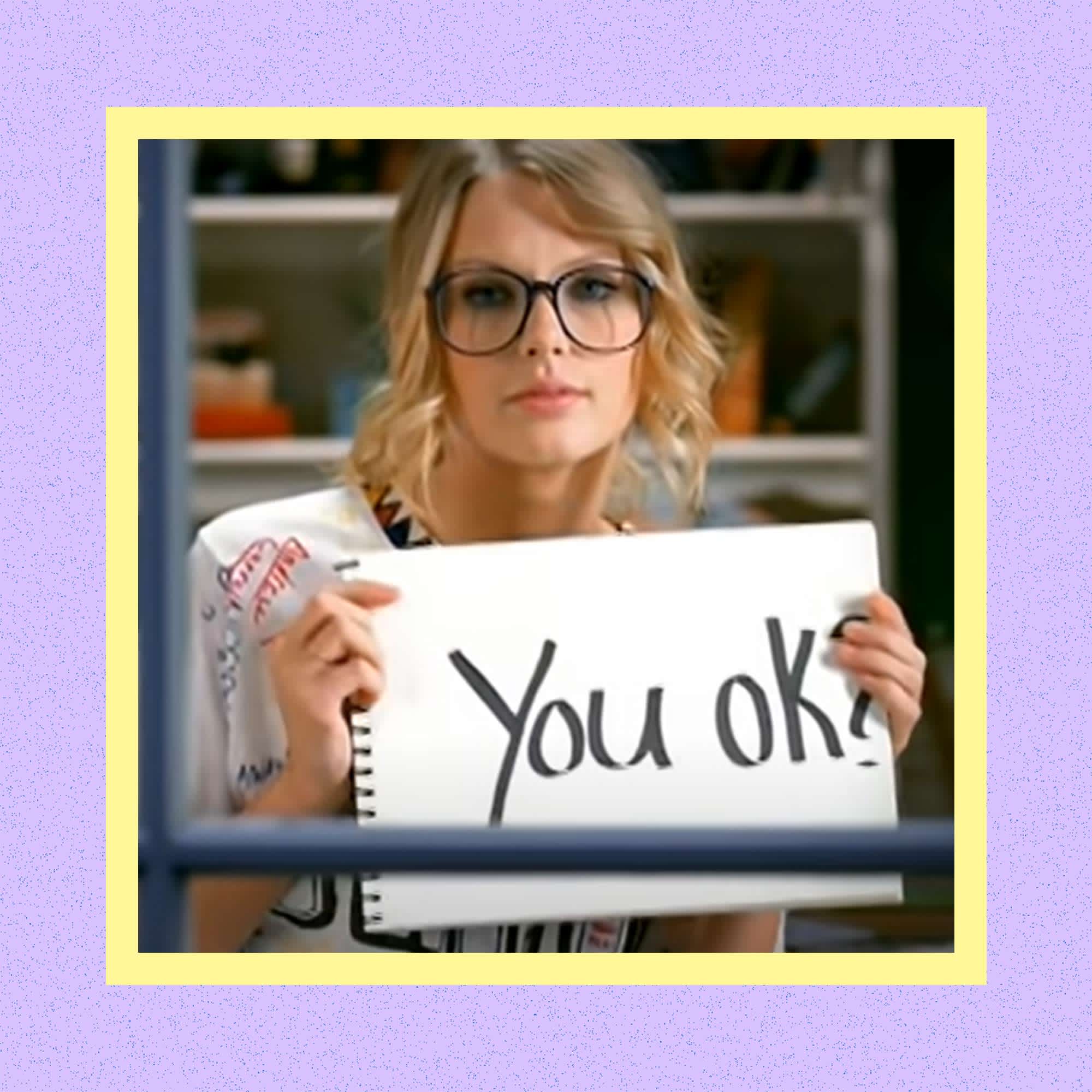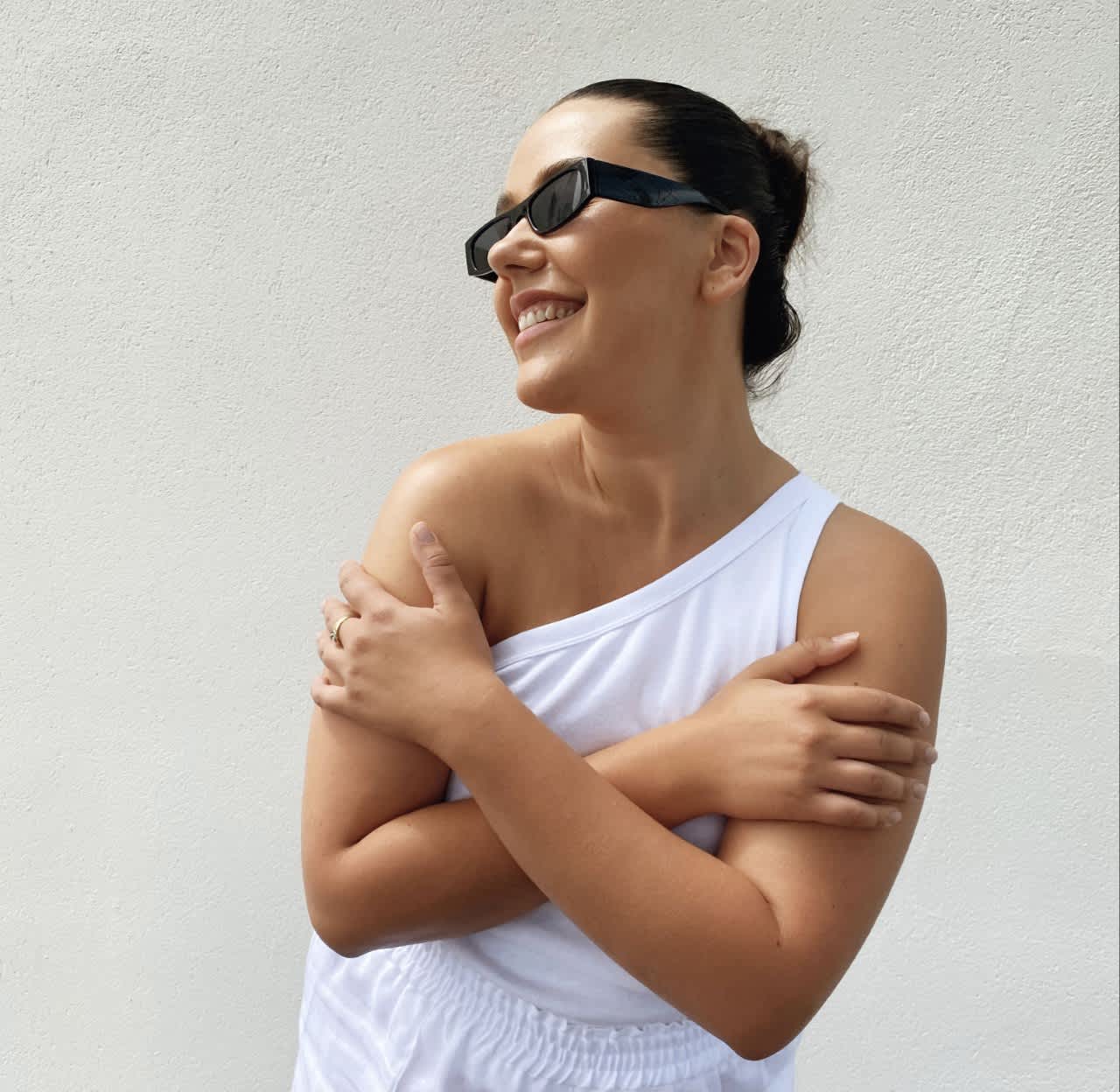
- POPSUGAR Australia
- Living
- How to Check-In On Your Friends and Navigate Tough Conversations Around Mental Health
How to Check-In On Your Friends and Navigate Tough Conversations Around Mental Health

Today is R U OK? Day, which encourages us to check-in on ourselves, our family and our friends in a meaningful way.
R U OK? is a suicide prevention charity in Australia, encouraging all of us to notice the signs of mental health struggle in friends, family, and colleagues. It’s really just there as an important reminder to be aware of those around you and how they’re doing.
Often, we don’t know when those around us are struggling. Especially right now, in a world that is more isolated than usual, it can be hard to check in on our loved ones when we don’t get to see them IRL. But it’s just as important that we do.
Checking in usually starts with a conversation and we know that can be hard. There are always people in your life who you find you can better chat with, but it’s navigating those conversations with people who are a bit more closed off — that can be tough. It can also be difficult if you don’t feel as though you have much experience struggling with mental health or don’t feel confident in your communication.
“Talking openly about mental health can feel awkward or uncomfortable sometimes, but, like anything, it gets better with practice,” says Amber Rules, Clinical Psychotherapist and Director of Rough Patch Affordable Counselling.
“It also means that if things do ever get bad with yours or your loved ones’ mental health, these conversations are a bit easier because you’ve done it before.”
We asked Amber for some recommendations on how to navigate these sometimes tricky conversations around mental health. Here are her top five tips:
Encourage Openness
“Regularly checking in on our loved ones’ mental health is a wonderful way to make sure they are okay and know they can talk to us about the tough stuff when it happens. The best way to normalise mental health and wellness is with frequent, open conversations. The more you do it, the easier it gets.”
Ask Permission
“Ask permission before diving in. You could start these conversations by saying something like ‘I’ve been thinking I’d like us to be able to have more frequent and open conversations about mental health. How do you feel about that?’ or ‘Hey, is it okay if I check in with you about my mental health and yours?’ that way, you give them the choice.
“You might also ask questions about how they prefer to be supported, what things you can say or do to make it easier for them to ask you for help when they’re struggling, or do some research together about mental health and wellness.
Remember That Everyone’s Needs Are Different
“I think the important thing about mental health conversations is that there’s no ‘one size fits all’ and sometimes they’ll feel a bit clumsy.
“You might feel totally comfortable talking about mental health, where others may not. Ask how you can specifically support someone and notice whether this is different from your own needs.”
Avoid Giving Advice
Many of us feel as though we need to be helpful in these conversations, which often causes us to try and empathise by comparing our own experiences, which makes the other person feel as though you’re not listening or don’t understand.
“Avoid giving advice or making it about you,” Amber advises. “Just let them talk without interrupting. You don’t need to have any answers — just be with them.”
Be Creative
“While mental health is vitally important, mental health conversations don’t always have to be super-serious. It gets easier the more you talk about it, so spend some time imagining ways to make it a part of your everyday life.
“You could send a meme, start a group chat, tell a joke you heard. Laughter and silliness are great ways of staying connected and building relationships so that if/when things get serious, your relationship is in great shape for tough conversations.”
If you or anyone you know is struggling and needs support, call Kids Helpline on 1800 55 1800 or Lifeline on 13 11 14, both of which provide trained counsellors you can talk with 24/7. You can also speak with someone confidentially at Headspace by calling 1800 650 890 or chat online here. If you are in immediate danger, call 000.



